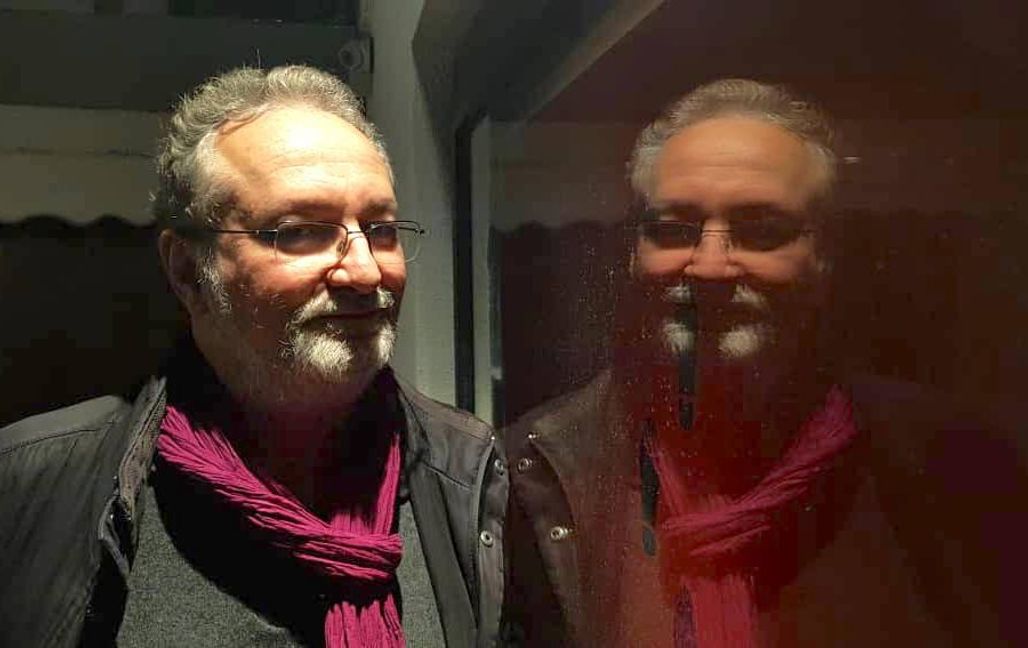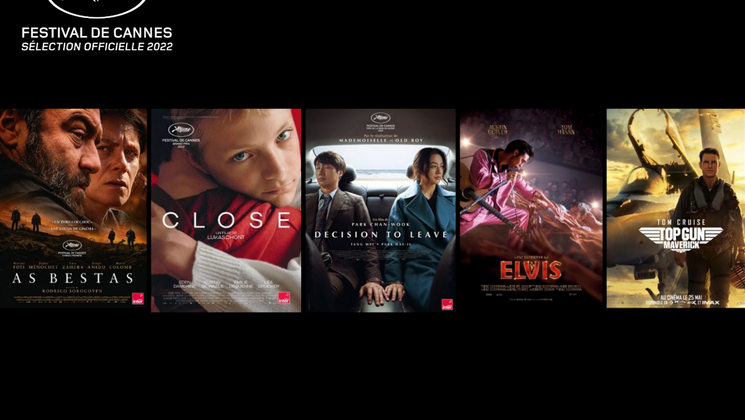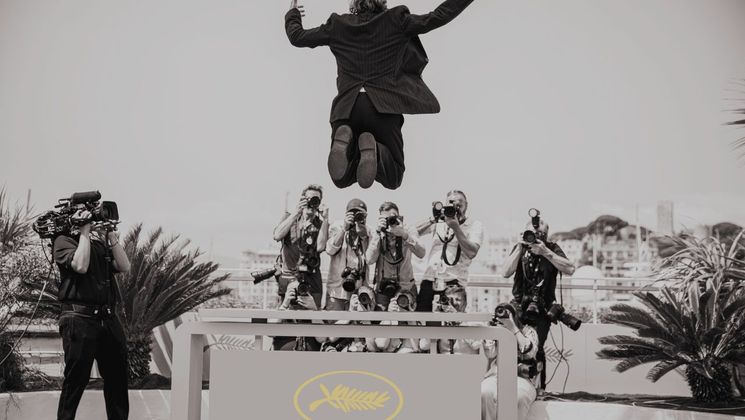
The Festival de Cannes, at the centre of cinema: interview with Jean-Michel Frodon

He first came to Cannes in 1982 as a photographer for the French film daily, then became a famous critic for Le Monde and Slate. This year, Jean-Michel Frodon is signing his book Festival de Cannes, au milieu du cinéma (The Festival de Cannes, at the centre of cinema). In this bilingual French and English work, he takes care to highlight the importance of the Festival as a major, vital, strategic tool for cinema. He teases out the different active, dynamic and beneficial roles that the Cannes institution plays in the life of cinema in general. Interview follows.
Tell us about this project
This project was made with AOC (Analyse Opinion Critique), an online daily news media organisation, which publishes three articles every weekday, an interview on Saturdays and a fictional piece on Sundays. I've worked with them regularly since they were founded three years ago. I received a special commission from the editor in chief, Sylvain Bourmeau, regarding the Festival de Cannes. I absolutely did not want to start making predictions about the 75th edition, but rather to talk about what we know to date.
Why is Cannes important for the cinema?
It is the most successful place in the world at creating a fusion of all of the many dimensions of cinema: artistic projects, stories to be told, money issues, technology, glamour, legends, fan-clubs, controversial subjects for debate… all of them at once. All the people who gather in Cannes for 10 days and everything they talk about – films, projects, how to make them happen in production, how to distribute them in all the different forms – take on a kind of maximum intensity at Cannes which makes a lot of things move forward.
When the Festival rewards little-known filmmakers, it has an immediate, automatic effect, but there are also a huge number things happening further below the surface. Cannes is the biggest festival in the world, but unlike other festivals, it is dedicated to the people who make films, and those who will then also play their roles as producers, filmmakers, distributors, critics, buyers for platforms and so on. It works for the cinema all the year round and keeps everyone busy who I believe deserves to be included in cinema: everyone involved in works designed for the big screen and the theatre, wherever we end up watching them.
How did you illustrate this in your book?
I tried to illustrate it through examples, and via my 40-year experience of Cannes. There is of course a mini-historical aspect to the book, because it is the 75th anniversary this year, but I think of it as being born out of major events and issues at Cannes, and in cinema worldwide, over the last forty years. The 80s and 90s changed what was on offer in cinemas worldwide by welcoming, rewarding and taking into consideration a great number of countries, by making major figures out of Iranian, Chinese, Latin American and then African filmmakers, in a form and scope which had never existed before. Cinema stopped being a white planet, and the planet of cinema began to resemble the real planet. Cannes played a central role in that evolution.


